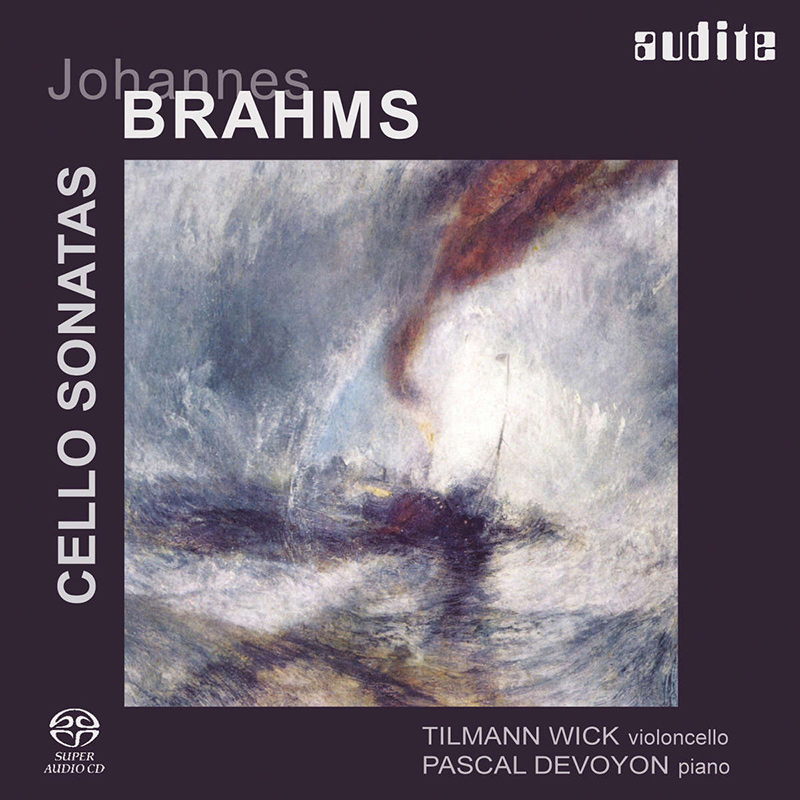Logowanie
OSTATNI taki wybór na świecie
Nancy Wilson, Peggy Lee, Bobby Darin, Julie London, Dinah Washington, Ella Fitzgerald, Lou Rawls
Diamond Voices of the Fifties - vol. 2
Tylko 1000 egzemplarzy!!!
DVORAK, BEETHOVEN, Boris Koutzen, Royal Classic Symphonica
Symfonie nr. 9 / Wellingtons Sieg Op.91
nowa seria: Nature and Music - nagranie w pełni analogowe
Petra Rosa, Eddie C.
Celebrating the art and spirit of music - vol. 3 - Pure
warm sophisticated voice...
Peggy Lee, Doris Day, Julie London, Dinah Shore, Dakota Station
Diamond Voices of the fifthies
Tylko 1000 egzemplarzy!!!
SAMPLER - STS DIGITAL, Buddy Tate, Milt Buckner, Walace Bishop
Jazz Masters - Legendary Jazz Recordings - v. 1
proszę pokazać mi drugą taką płytę na świecie!
Chesky! Niezmiennie perfekcyjny
Winylowy niezbędnik
ClearAudio
Double Matrix Professional - Sonic
najbardziej inteligentna i skuteczna pralka do płyt winylowych wszelkiego typu - całkowicie automatyczna
BRAHMS, Tilmann Wick, Pascal Devoyon
Cello sonatas
Both of the Sonatas for Piano and Violoncello of Johannes Brahms are milestones in his stylistic development, from the first formation of an unmistakable identity to the composer\'s late autumnal style. The completion of the Sonata No. 1 in E minor in 1865 took place during a phase in Brahms\'s life during which he discovered Vienna as a place conducive to his creativity, finally leading to his appointment with the Vienna Singakademie. He was especially concerned here with the revival of baroque choral works. The E minor Sonata also reflects Brahms\'s attraction to the baroque tradition - the final movement consists of a dry-sounding fugal exposition based on the Contrapunctus 13 of J.S. Bach. Combined with a songlike second theme, Brahms integrates fugal technique into the sonata form with great mastery. Originally cast in four movements, the Sonata was nonetheless, unusually, published as only a three-movement work. The Adagio, lost today, was withheld from publication by the composer himself. Brahms wrote the Sonata No. 2 in F major in 1886, over twenty years later. Crucial years in his life lie between the two sonatas. Although he was very popular as a composer and conductor on an international scale at this time, his Second Cello Sonata was long considered unpalatable by cellists. This is unimaginable today, since the work is completely convincing from the very outset in its spirited opening, its Adagio full of feeling and its Finale in rondo form. The later Brahms continually returned to the classical legacy, but with his own unmistakable style and without a trace of anything derivative. Tilmann Wick, international prize winner and Professor at the Academy of Music and Theatre in Hanover, performs regularly at home and abroad and is an instructor at international master courses. Pascal Devoyon, also a prize winner at international competitions, including second prize at the 1978 Tchaikovsky Competition, is a Professor at the Berlin Academy of the Arts. He regularly accepts invitations to participate as a musician and instructor at numerous international festivals. He himself directs the Festival MusicAlp in Courchevel, France.





























